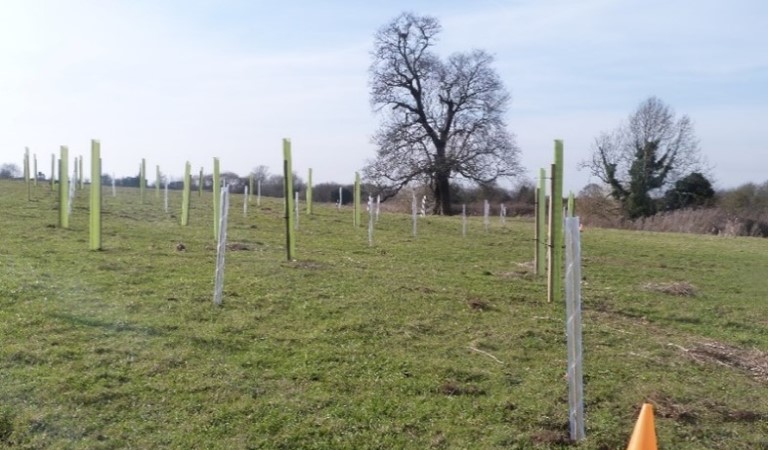North Lincolnshire Council is backing a police operation to protect rare birds along the Humber Estuary under threat from off-road bikers, irresponsible dog owners and fly-tippers.
The Site of Special Scientific Interest at East Halton Skitter will be one of the main focuses of Operation Seabird, where bikers and fly-tippers are putting birds at serious risk.
There are similar problems at Far Ings Nature Reserve, where illegal fishing and off-roading have been reported, as well as three recent fires requiring the attendance of Humberside Fire and Rescue.
Dogs worrying birds – who may be exhausted and starving after long flights – have also been reported at Alkborough Flats.
Operation Seabird on the Humber Estuary has launched today (Friday 4 June), in partnership with the police, the RSPCA and Humber Nature Partnership, which includes North Lincolnshire Council, other local authorities and charities.
PC Jane Proud, Rural Crime Officer for Humberside Police, said: “Due to lockdown restrictions impacting national and international travel over the past year, the number of people visiting our estuary and coastline has skyrocketed.
“So far this year we have been made aware of 24 incidents including off-roading, low flying paramotors and people carelessly starting fires in tinder-dry vegetation.
“We want people to visit and enjoy the beautiful landscapes we have on our doorstep, but do so in a way that does not come at the expense to the important species and delicate habitats that we are so lucky to have.”
The multi-agency partnership will work together primarily to advise and educate people to behave responsibly around wildlife – however, enforcement action will be taken if required.
Damage or disturbance to site features could result in a fine of up to £20,000 and/or six months in prison.
In the summer, reedbeds and shingle beaches along the estuary support species such as bittern, marsh harrier and little tern.
In autumn and winter the area is a welcoming habitat for migrating birds such as the pink-footed goose, which flies in from Scandinavia.
RSPCA National Wildlife Co-ordinator Geoff Edmond said: “I am delighted to see the Humber Nature Partnership joining Operation Seabird.
“Launched in 2020 by the RSPCA and the police, this operation is already making a significant impact in raising awareness and reducing disturbance to our marine and estuary wildlife.
“Partnership working is the key to tackling these issues as more local partnerships and the Marine Management Organisation join the Operation we would encourage that our wildlife can be enjoyed whilst disturbance is reduced.”
Anyone enjoying the unique environment of the Humber estuary is asked to follow these guidelines:
- Keep to footpaths to avoid damaging sensitive habitats
- Do not ride motor vehicles on land you do not have permission to be on
- Quietly observe wildlife from a distance for no more than 15 minutes
- Never approach wildlife head on, walk slowly and move away quietly if birds respond to your presence
- The noise of drones can disturb wildlife, so keep a safe distance from sensitive areas
- If you see a significant disturbance to wildlife habitats, call the police on 101 and quote Operation Seabird.





